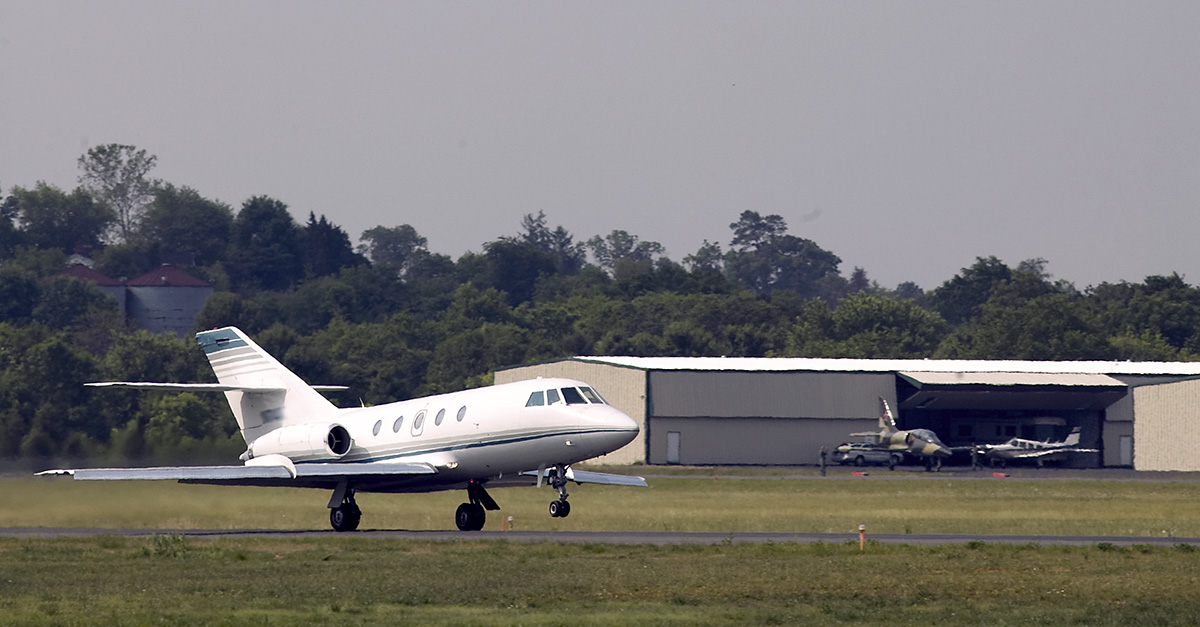
July 13, 2018
As of July 1, aircraft parts purchased and maintenance activities conducted in Virginia are now exempt from sales and use tax.
Surveys of NBAA’s nearly 300-member companies located in Virginia indicate most operators travel outside of the commonwealth for major maintenance work, spending $50,000-$100,000 per event. Passage of the legislation will allow those companies to save on maintenance-related travel costs, and will attract maintenance repair and overhaul (MRO) facilities to Virginia.
NBAA and other organizations that advocated for the 2017 bill, including the Virginia Aviation Business Association (VABA), believe that with the significant number of business aircraft in the commonwealth, there is growth potential for MRO facilities. Read more about NBAA’s advocacy for the bill.
In fact, VABA reports two businesses have already expanded operations in Virginia as a result of the new sales and use tax exemption.
“Virginia is centrally located on the eastern seaboard of the U.S. making it ideally located for aircraft maintenance repair and overhaul operations,” said VABA’s Executive Director Daniel “Bud” Oakey. “We have a number of VABA members also discussing shop expansions, especially in avionics. We believe Virginia aviation businesses stand a great opportunity for growth as the elimination of this one tax has made us far more competitive.”
The tax exemption legislation is planned to sunset in 2022, however NBAA, VABA and others are working to make the exemption permanent.
“The exemption was an important first step to attracting more aviation businesses to the commonwealth of Virginia,” said Paige Kroner, NBAA’s regional representative for the Mid-Atlantic region. “Not only do we encourage Virginia-based aircraft owners and operators to conduct maintenance activities in the commonwealth, but the exemption may attract aircraft owners and operators based in other states that do not have similar tax policies. We believe the exemption’s economic impact over the next few years will clearly demonstrate its value, and we strongly encourage the state legislature to consider making it permanent.”


 International Business Aviation Council Ltd.
International Business Aviation Council Ltd.